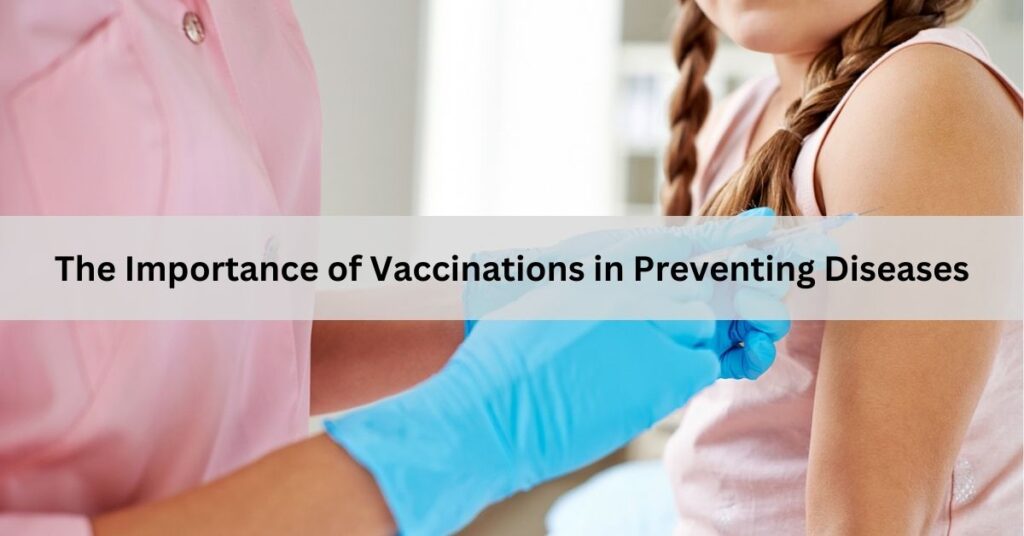Vaccinations play a pivotal role in protecting individuals and communities from preventable diseases. This article explores the significance of vaccinations, their benefits, how they work, common misconceptions, and why they are essential for public health and disease prevention.
1. Understanding Vaccinations
Vaccinations, or immunizations, involve administering vaccines to stimulate the immune system’s production of antibodies against specific diseases. They prepare the body to fight off infections more effectively, reducing the risk of illness and transmission to others.
2. How Vaccinations Work
Vaccines contain weakened or inactive parts of a pathogen (virus or bacteria) that cannot cause the disease but prompt the immune system to recognize and respond to it:
- Immune Response: Upon vaccination, the immune system produces antibodies specific to the pathogen. These antibodies remain ready to defend against future exposure.
- Memory Cells: Vaccines also stimulate memory cells that “remember” the pathogen, providing long-term immunity if exposed in the future.
3. Benefits of Vaccinations
Vaccinations offer numerous advantages for individuals and communities:
- Disease Prevention: Immunization prevents serious illnesses such as measles, polio, influenza, hepatitis, and tetanus.
- Herd Immunity: High vaccination rates within a population reduce the spread of infectious diseases, protecting vulnerable individuals who cannot be vaccinated due to medical reasons (e.g., infants, elderly, immunocompromised).
- Public Health Impact: Vaccination programs have contributed to the eradication of diseases like smallpox and the near-elimination of others, significantly improving global health outcomes.
4. Common Vaccines and Immunization Schedule
Familiarize yourself with recommended vaccines and immunization schedules:
- Childhood Vaccines: Include measles, mumps, rubella (MMR), polio, diphtheria, tetanus, pertussis (whooping cough), and varicella (chickenpox).
- Adolescent and Adult Vaccines: Cover influenza (flu), HPV (human papillomavirus), hepatitis A and B, pneumococcal disease, and meningococcal disease.
5. Debunking Vaccination Myths
Address common misconceptions to promote informed decision-making:
- Autism Myth: Scientific research has repeatedly debunked the claim that vaccines cause autism or developmental disorders.
- Safety Concerns: Vaccines undergo rigorous testing for safety and efficacy before approval by health authorities like the FDA and CDC.
- Natural Immunity vs. Vaccination: Vaccination provides immunity without the risks associated with natural infection, such as severe illness or complications.
6. Importance of Community Effort
Highlight the role of collective responsibility in vaccination efforts:
- Vaccine Coverage: Achieving high vaccination rates protects entire communities, including vulnerable populations who rely on herd immunity.
- Global Health Initiatives: Support international efforts to ensure access to vaccines in underserved regions, contributing to global disease prevention and eradication.
7. Conclusion
Vaccinations are a cornerstone of public health, preventing diseases, saving lives, and promoting well-being across all age groups. By understanding how vaccines work, recognizing their benefits, addressing misconceptions, and embracing vaccination as a responsibility to oneself and others, individuals can contribute to a healthier, safer community. Through ongoing education, advocacy for immunization programs, and trust in scientific research, we can continue to harness the power of vaccinations to protect current and future generations from preventable diseases, ensuring a brighter and healthier future for all.

















